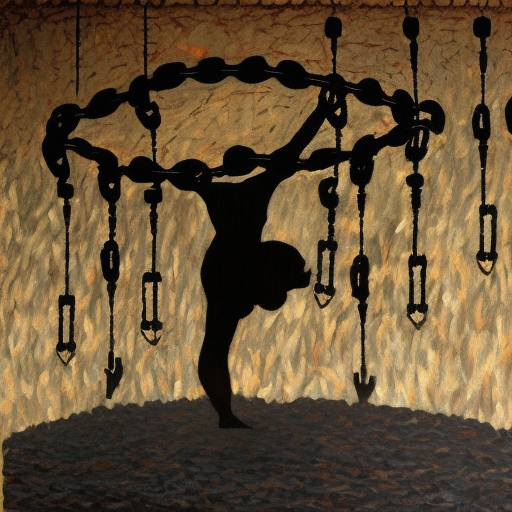Django Unchained (2012)
Summary: In Quentin Tarantino’s “Django Unchained,” a freed slave teams up with a bounty hunter to rescue his wife from a sadistic plantation owner.
Director: Quentin Tarantino
Writer: Quentin Tarantino
Main Cast:
- Jamie Foxx as Django Freeman
- Christoph Waltz as Dr. King Schultz
- Leonardo DiCaprio as Calvin J. Candie
- Kerry Washington as Broomhilda von Shaft
- Samuel L. Jackson as Stephen
Music: Ennio Morricone
Director of Photography: Robert Richardson
Producers: Reginald Hudlin, Pilar Savone, Stacey Sher
Plot:
Set in the pre-Civil War era, “Django Unchained” follows Django Freeman, a slave who is freed by Dr. King Schultz, a German bounty hunter posing as a dentist. Schultz offers Django his freedom in exchange for helping him identify and capture the Brittle brothers, a notorious gang of outlaws. Impressed by Django’s skills, Schultz agrees to help him find and rescue his wife, Broomhilda, who is owned by the sadistic plantation owner Calvin J. Candie.
As Django and Schultz make their way to Candieland, Candie’s plantation, they encounter various challenges and obstacles. Along the way, they form an unlikely bond, with Schultz becoming a mentor to Django and teaching him the art of bounty hunting. They devise a plan to pose as potential buyers of Mandingo fighters, slaves trained to fight to the death, in order to gain access to Candie and rescue Broomhilda.
However, their plan takes a dark turn when Candie’s loyal house slave, Stephen, becomes suspicious of their true intentions. Tensions rise as Django and Schultz’s cover is blown, leading to a violent and explosive climax that tests their resolve and puts their lives at risk.
Themes and Motifs:
“Django Unchained” explores themes of slavery, revenge, and the corrupting influence of power. The film confronts the horrors of slavery head-on, exposing the brutality and dehumanization endured by enslaved individuals. It also examines the psychological and emotional toll of slavery on both the enslaved and their oppressors.
Tarantino skillfully weaves motifs of identity and freedom throughout the film. Django’s journey from slave to bounty hunter represents his quest for personal liberation and the reclamation of his identity. The film also explores the power dynamics between the enslaved and their oppressors, highlighting the resilience and strength of those who fight against their subjugation.
Reception and Legacy:
Upon its release, “Django Unchained” received critical acclaim for its bold storytelling, gripping performances, and Tarantino’s signature style. The film was praised for its unflinching portrayal of slavery and its exploration of complex themes. It grossed over $425 million worldwide and was nominated for multiple awards, including five Academy Awards, winning two for Best Supporting Actor (Christoph Waltz) and Best Original Screenplay (Quentin Tarantino).
The film’s legacy lies in its impact on the discussion surrounding slavery in cinema. Tarantino’s unique blend of historical revisionism, stylized violence, and sharp dialogue sparked debates about the appropriate representation of slavery on screen. “Django Unchained” also influenced subsequent films that tackled similar themes, paving the way for more nuanced and thought-provoking narratives.
Recommendation:
“Django Unchained” is a gripping and thought-provoking film that combines Tarantino’s trademark style with a powerful exploration of slavery and revenge. With its stellar performances, compelling storytelling, and visceral action, the movie is a must-watch for fans of Tarantino’s work and those interested in thought-provoking cinema.
Memorable Quote:
“I like the way you die, boy.” – Django Freeman












